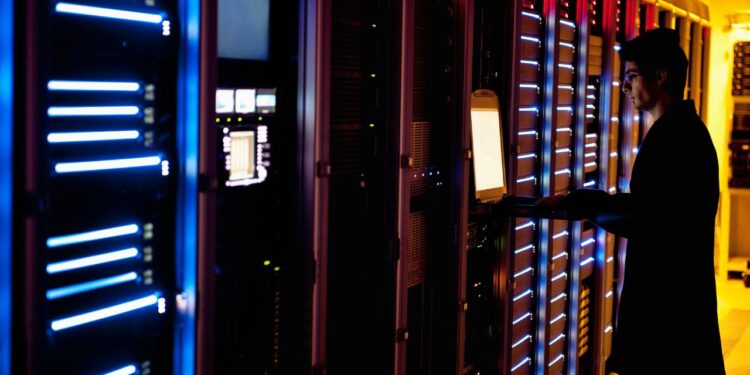Most industries have adapted to technological advancements in some form or fashion – and those that haven’t are likely to do so in the coming years.
While great for efficiency, policy has made little movement to keep up with the modern workplace.
Whether it be the use of virtual reality, automation or analysis software, technology is transforming how businesses operate. But without policies in place to regulate how corporations use this technology, the privacy of employees could be in jeopardy.
For instance, employee monitoring software has become increasingly popular in the age of hybrid and remote work. However, workers may not realize just how closely their movements are being tracked and how this data could impact their employment.
Big Brother is always watching, and although the surface goal is to ensure peak performance from workers, it can easily cross the line into breach of personal privacy.
The most worrisome aspect of this? Tapping into this type of data will be completely legal.
Workplace legislation in the U.S. has historically fallen behind societal trends. Oftentimes, this allows companies to get away with problematic rules that could harm workers.
While there are laws that protect against discrimination, child labor, overtime pay and safety, technology creates major loopholes in current legislation.
More specifically, these policies do very little to protect gig workers or temporary employees. In fact, agencies during the Trump administration claimed that Uber drivers were not considered workers, therefore making them ineligible for federal minimum wage.
The lines between employment and independent contractors are undoubtedly blurred, but more alarmingly, there are significant gaps in the protections given to gig economy workers.
In order to protect professionals at all levels of employment, the government must act to ensure that workers are not taken advantage of and have the benefits needed to survive in today’s economy.



 Dr. Gleb Tsipursky – The Office Whisperer
Dr. Gleb Tsipursky – The Office Whisperer Nirit Cohen – WorkFutures
Nirit Cohen – WorkFutures Angela Howard – Culture Expert
Angela Howard – Culture Expert Drew Jones – Design & Innovation
Drew Jones – Design & Innovation Jonathan Price – CRE & Flex Expert
Jonathan Price – CRE & Flex Expert












